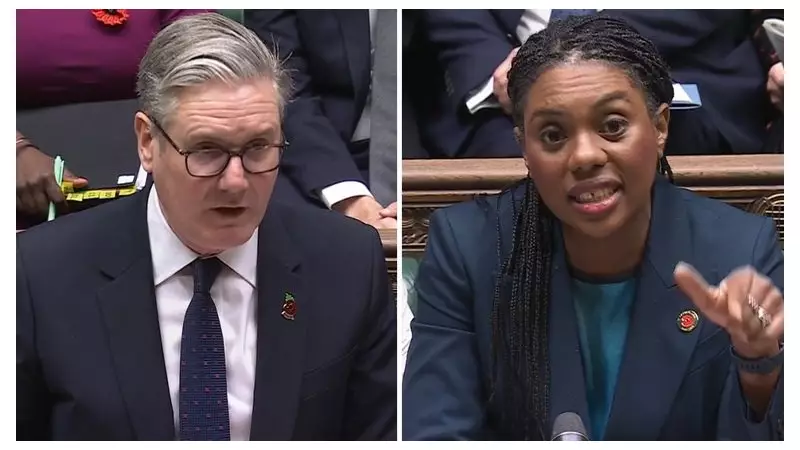
Sir Keir Starmer is facing intense political scrutiny after conspicuously avoiding multiple opportunities to rule out tax increases that could contravene Labour's election manifesto commitments.
The Westminster Standoff
During a tense exchange with journalists, the Labour leader was pressed no fewer than ten times to provide clarity on whether his party would honour its pledge not to raise taxes. Each time, Starmer deftly sidestepped the question, leaving political observers and opponents alike questioning the party's fiscal intentions.
"The principle obviously is that we want taxes to be as low as possible," Starmer stated, carefully choosing his words. "But we will do what we need to do in order to grow the economy."
Conservative Counterattack
The Conservatives have seized upon Starmer's evasiveness, with Chancellor Jeremy Hunt declaring that the Labour leader had "confirmed today that he will raise taxes on the British people." Hunt's statement amplifies growing concerns about Labour's economic strategy as the party maintains a significant lead in opinion polls.
The Reeves Factor
Adding to the political drama, Shadow Chancellor Rachel Reeves has previously made unequivocal commitments, stating in her party conference speech that "I have no plans to increase taxes" and specifically ruling out rises to income tax, national insurance, and VAT.
However, Starmer's recent ambiguity suggests potential tension within Labour's economic team, raising questions about whether the party's fiscal strategy is undergoing significant revision behind closed doors.
Broken Promises or Political Pragmatism?
The Labour leader defended his position by pointing to the Conservatives' own track record, noting that "they have broken every promise they have made on tax." This counter-argument reflects Starmer's attempt to position Labour as the party of fiscal responsibility while maintaining flexibility in their economic approach.
As the political battle over Britain's economic future intensifies, Starmer's refusal to provide clear answers on taxation leaves voters wondering whether Labour's manifesto commitments will withstand the pressures of governing.





